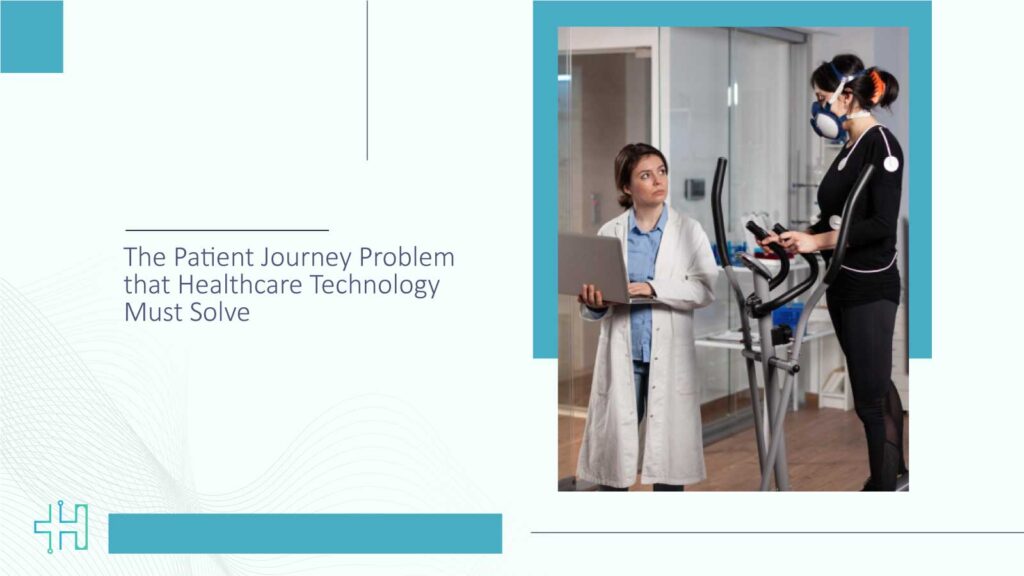Medicare Advantage patients receiving a CGM through a durable medical equipment provider were 22% more adherent after 12 months than those receiving a CGM through the pharmacy channel
CCS, a leading provider of clinical solutions and home-delivered medical supplies for those living with chronic conditions, announced the publication of new research in Clinical Diabetes, a peer-reviewed journal of the American Diabetes Association. The study, “Impact of Continuous Glucose Monitoring Sourcing on Real-World Adherence and Healthcare Costs: A Comparative Analysis by Insurance Type,” reveals significant advantages for patients receiving continuous glucose monitors (CGM) through durable medical equipment (DME) providers compared to pharmacy channels. This groundbreaking research demonstrates that efforts to expand access to CGMs by adding the pharmacy as a new channel for distribution — alongside the established DME provider channel — may be having the opposite intended impact, resulting in lower adherence and higher total costs of care.
Health Technology Insights: AI’s Role in Genomics and Drug Discovery to Boost Cell and Gene Therapy Market
Among Medicare and Medicare Advantage patients, total costs of care were 35% lower for those using a DME provider versus pharmacy.
Practicing endocrinologist and co-author of this research, Steven Edelman, MD, Professor of Medicine at the University of California San Diego, shared: “Higher adherence rates with continuous glucose monitors are directly linked to improved glycemic control, reduced complications, and lower healthcare costs. This latest research emphasizes the need for industry-wide support of evidence-based decisions that optimize patient access to diabetes technology and improve clinical outcomes.”
Health Technology Insights: Image-guided Radiation Therapy Market to Hit $2.4Billion by 2030
Previous studies have shown higher adherence and lower costs with DME providers, but differences between commercial and Medicare Advantage insurance populations have not been examined to date. These latest findings also emphasize that what has historically been viewed as a simple channel decision related to the distribution of medical supplies to patients significantly impacts outcomes and overall healthcare expenditures. Notable findings from this latest research include:
- Improved Adherence: Patients receiving supplies through the DME channel demonstrated they were more likely to stay on doctor-prescribed therapy. By 12 months:
- Medicare/Medicare Advantage patients: 78% adherence with DME vs. 64% with pharmacy.
- Commercially insured patients: 60% adherence with DME vs. 48% with pharmacy.
- Lower Total Costs of Care: Among Medicare and Medicare Advantage patients, total costs of care were 35% lower for those using DME providers:
- At 12 months, patients leveraging the DME channel cost approximately $3,875 less than pharmacy users ($11,154 vs. $15,029).
- Reduced Healthcare Utilization: Commercially insured patients using the DME channel had significantly fewer emergency room (ER) and inpatient (IP) days than those utilizing the pharmacy channel (8 days vs. 11 days).
“This research presents an opportunity to align health plan policies with provider preferences based on measurable outcomes. The data shows patients utilizing DME providers experience higher adherence rates, reduced healthcare costs, and fewer emergency interventions compared to pharmacy channels,” said Dr. Arti Masturzo, Chief Medical Officer at CCS. “By focusing on these evidence-based results, we can work toward building a healthcare system where patients receive better diabetes management support while reducing costs for the entire system.”
Health Technology Insights: Okami Medical Expands Portfolio with SENDERO MAX Catheter
To participate in our interviews, please write to our HealthTech Media Room at sudipto@intentamplify.com
Source – businesswire







